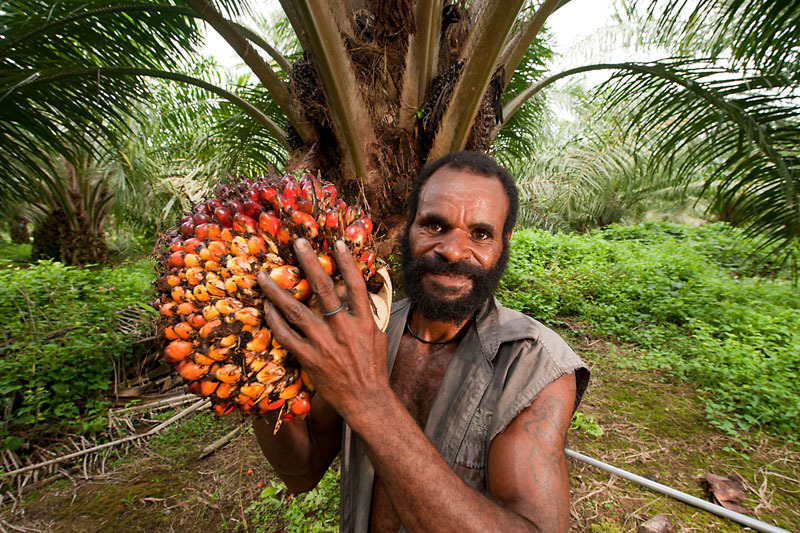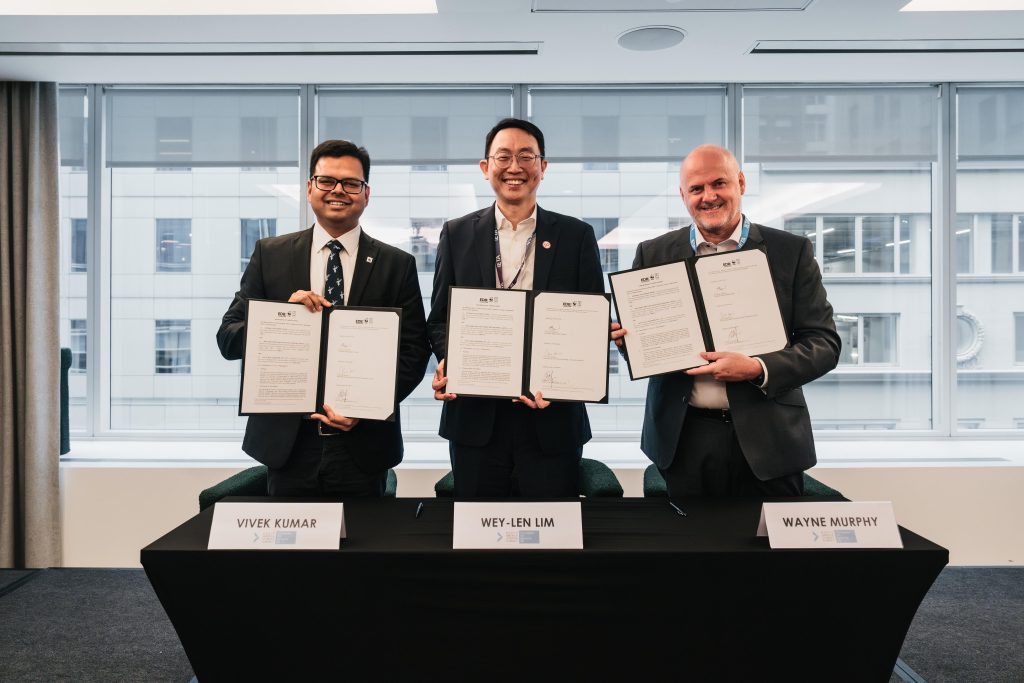Protecting the environment by producing certified sustainable palm oil is also good for the bottom line, according to a groundbreaking new report released jointly today.
Profitably and Sustainability in Palm Oil Production is a first-time study that comprehensively examines the financial costs and benefits of producing sustainable palm oil under the guidelines set out by the Roundtable on Sustainable Palm Oil (RSPO). The report was produced jointly by WWF, CDC, the UK’s development finance institution, and the FMO, the Dutch development bank.
The report finds that economic benefits outweigh the financial costs of pursuing sustainable palm oil operations.
“Our research found that many firms who switched to producing sustainable palm oil – which is good for people and the environment – reaped significant return on their investments,” said WWF’s Joshua Levin, the report’s lead author. “In some cases, switching to sustainable production was economically transformative for the business. Producers, buyers, and investors should see sustainable palm oil as a serious business opportunity.”
The growing demand for palm oil is adding to the already severe pressure on remaining rainforest areas of the world, and is threatening the survival of species such as the orang-utan, the Sumatran tiger, rhino and elephant. Forest loss and the draining of peatlands for palm oil plantations is also contributing to climate change and displacing local people who rely on the forest for food and shelter.
The report shows that the business benefits gained from achieving RSPO certification “typically outweigh the costs of implementation—in many cases significantly—yet often through unexpected and indirect channels.”
For example, while many firms were initially attracted to RSPO for the price premiums commanded by certified sustainable palm oil, the larger financial gain often turned out to be resulting improvements in operations, documentation systems, labor relations, and other internal factors. In fact, each major category of benefits was, in and of itself, capable of outweighing RSPO implementation costs, according to the report.
The report’s research shows that adopting sustainable practices, even in a high impact industry like palm oil, can result in net financial benefits to producers—providing gains for people, the planet and the bottom line.
WWF engaged with other NGOs and the palm oil industry to launch the RSPO in 2003. Since then, WWF has worked to ensure that the RSPO standards contain robust social and environmental criteria, including a prohibition on the conversion of valuable forests. Certified Sustainable Palm Oil has been available since November 2008 and now makes up more than 10 percent of the global palm oil market. It provides assurance that valuable tropical forests have not been cleared and that environmental and social safeguards have been met during the production of the palm oil.
“This study shows that getting RSPO certified makes good business sense as well as good environmental and social sense for growers. WWF hopes that the findings will persuade all producers to join the RSPO and to start getting certified.” added Adam Harrison, WWF’s representative on the Executive Board of the RSPO. “But the responsibility for making the industry sustainable also lies with those companies that buy and use palm oil. WWF urges them to immediately commit to increase purchases of certified sustainable palm oil and to ensure that 100% of their palm oil use is certified by 2015.”
For further information:
Ian Morrison Media & External Affairs, WWF – US, +1 202-372-6373, Ian.Morrison@wwfus.org
Chris Chaplin, Media Officer Asia Pacific, WWF International, + 65 9826 3802, cchaplin@wwf.sg
About WWF
WWF is one of the world’s largest and most respected independent conservation organizations, with over 5 million supporters and a global network active in over 100 countries. WWF’s mission is to stop the degradation of the earth’s natural environment and to build a future in which humans live in harmony with nature, by conserving the world’s biological diversity, ensuring that the use of renewable natural resources is sustainable, and promoting the reduction of pollution and wasteful consumption.
www.panda.org/news for latest news and media resources














